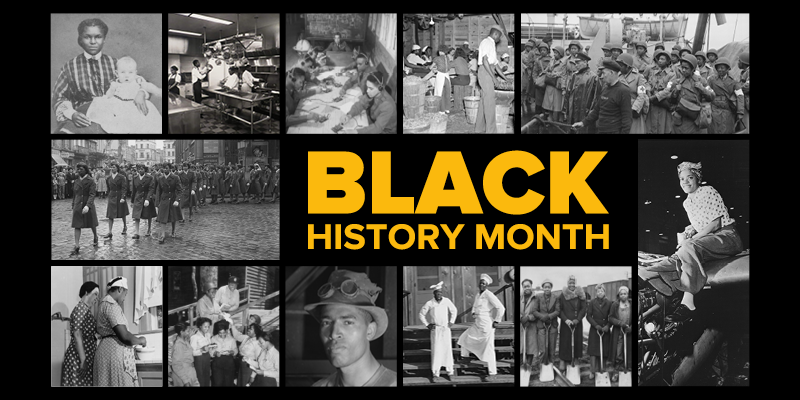
This February, as we celebrate Black History Month, I am reminded of the many Black leaders who have fought for civil rights, racial justice and equity in the workplace. Over the years, advancing equity in the workplace has taken on many forms, from recognizing cultural backgrounds or ethnicity, gender, cultural and physical barriers to what is now being referred to as diversity, equity, inclusion and accessibility.
On June 25, 2021, President Biden signed the Executive Order on Diversity, Equity, Inclusion, and Accessibility in the Federal Workforce to further advance equity within the federal government. This executive order allowed federal agencies like us to prioritize existing efforts in the diversity, equity and inclusion space, and added a new dimension: accessibility. At the Department of Labor’s Veterans’ Employment and Training Service, our vision is to enable all veterans, transitioning service members and military spouses to reach their full potential in the workplace. As such, VETS now has a DEIA model for both our internal and external programs and initiatives. This model is directly connected to our priority of advancing equity and inclusion in our underserved veteran communities.
We have made progress related to diversity, but there is more work to be done. For example, an important measure of success is how traditionally underserved communities are faring in the economy. The January jobs report from the Department of Labor’s Bureau of Labor Statistics showed an overall unemployment rate of 4.0%. However, the veteran unemployment rate was 3.5%. But in this same report, the unemployment rate for Black veterans 18 years and over was 7.1% – 3.6 percentage points higher than all veterans – and similar to the 7.3% unemployment rate for Black nonveterans in January.
This important economic indicator lets us know that we must continue to prioritize confronting barriers to Black veterans’ employment, ensuring equal access to education and career opportunities, investing in the recruitment and retention of Black veteran employees, and combating workplace discrimination.
But DEIA is more than a reimagining of diversity. The administration’s reprioritized DEIA effort is an excellent opportunity to build it into our programs and services in the long term, helping transform the federal workplace into a space that truly reflects the society in which we live, and ensuring the doors of opportunity are open and accessible to all.
So, what exactly is DEIA?
-
Diversity is the practice of including many communities, identities, races, ethnicities, backgrounds, abilities, cultures and beliefs.
-
Equity is the consistent and systematic, fair, just and impartial treatment of all individuals.
-
Inclusion is the recognition, appreciation, and use of the talents and skills of employees of all backgrounds.
-
Accessibility is the design, construction, development and maintenance of facilities, information and communication technology, programs and services so that all people, including people with disabilities, can fully and independently use them.
DEIA is a new way of thinking about what constitutes a model workplace and an effort to lean into the human-centric nature of what we do. It is a way to fully realize the abilities and contributions of all workers.
As VETS continues to prioritize DEIA, we’re introducing new efforts such as our Historically Black Colleges and Universities Engagement initiative, courses on Career Coaching for Special Populations through our National Veterans’ Training Institute, and building equity into the language of our grant funding opportunities to increase the pool of diverse applicants and ensure our programs are serving those who need them the most. These initiatives guide conversations around recruitment and hiring, how inclusion encourages innovation and boosts productivity, where we focus our outreach efforts, and how we strategically build DEIA into current and future programs, services, and policies.
I encourage you to think of DEIA with a level of introspection. Consider DEIA not as a set of “buzz words” when it comes to discussing diversity, but in a way that includes your role in the conversation. Our collective actions, behaviors and workplace cultures must support DEIA to ensure that no worker is left behind. Each employee’s personal and professional experiences bring a unique contribution to the workplace. When we work together, we work better.
Nikita M. Floore is a regional senior investigator for Atlanta, currently serving as a diversity, equity, inclusion and accessibility specialist at the Veterans’ Employment and Training Service. Follow us on Twitter at @VETS_DOL and on LinkedIn.

 U.S. Department of Labor Blog
U.S. Department of Labor Blog